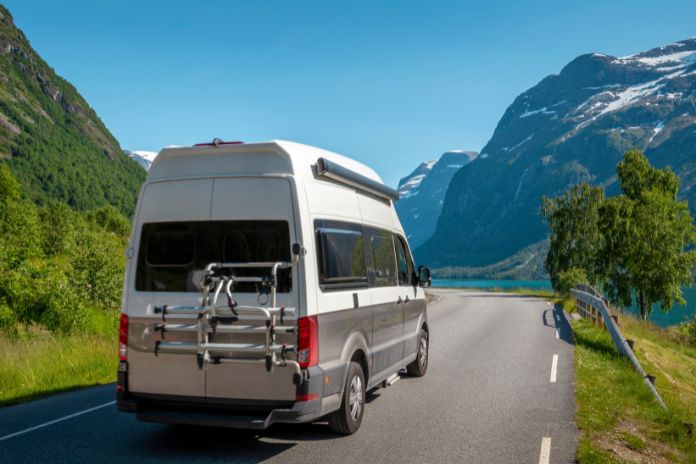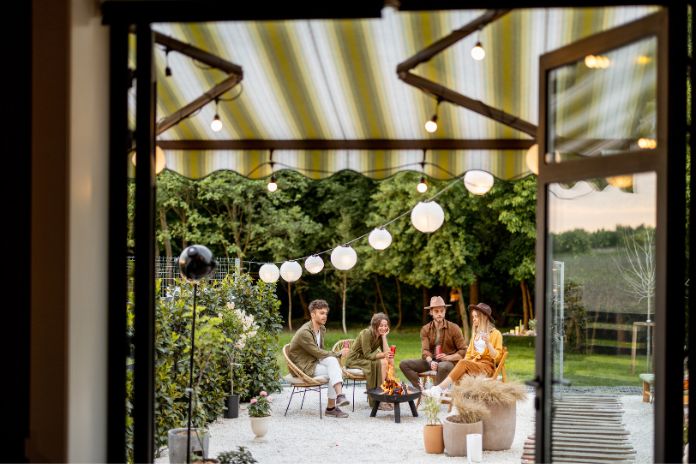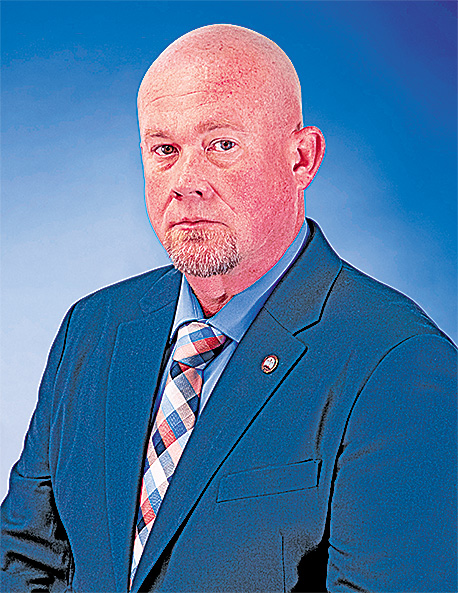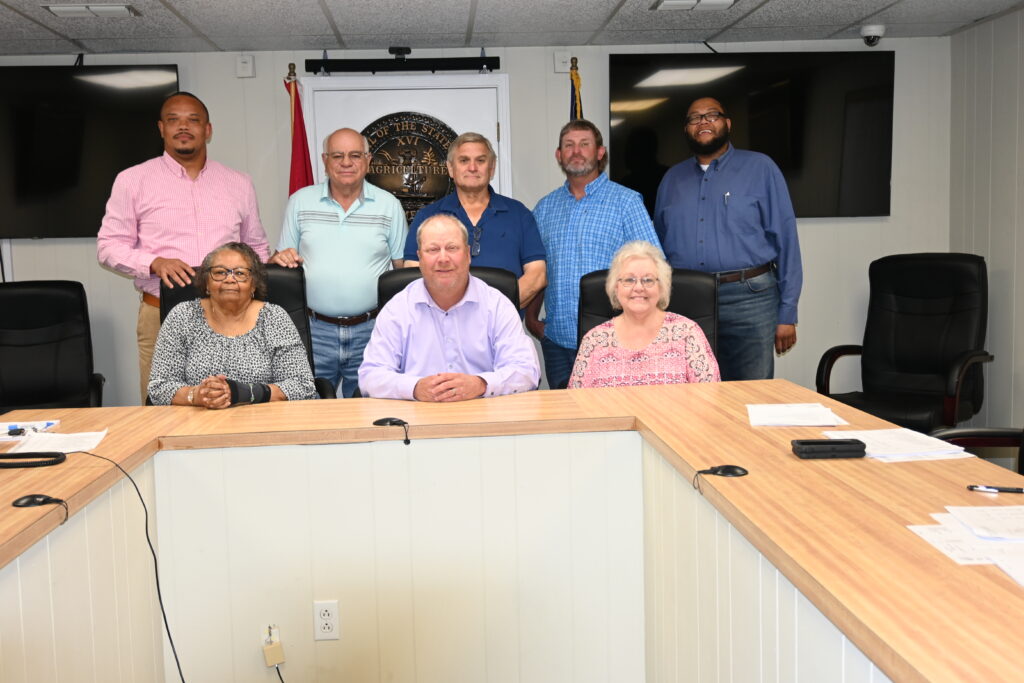
Everyone’s perfect off-grid location varies, and if you don’t see yourself soaking up the sun in the tropics or adventuring through the mountains, look elsewhere. The world’s filled with interesting places to call off-grid paradise. Since you’re new to this, let’s find out how to pick a location for off-grid living.
How To Find an Ideal Spot for Off-Grid Living
Living off-grid has many benefits, but it’s not always cheap, especially during the first year. When deciding where to live remotely, you must consider food, water, and shelter—the three main things every human needs to survive.
Food
If you don’t live near stores or know how to hunt, you will have a terrible time living off the grid. Research the area you plan to live in, and lay out the distance between you and society so you know where to buy supplies, if necessary.
If your new home has land, take advantage of planting. Cultivating the land can bring in extra food supplies and delicious herbs and spices for recipes.
Water
It doesn’t matter where you go; you need a water supply. Everyone needs water to survive. Move to a place close to a stream, lake, river, or well. Stay near a water source so you don’t need to go out and buy supplies.
Shelter
Shelter’s a big part of survival, and it’s ideal for rougher climates. Pick a shelter that has good insulation. Good insulation helps keep the temperature consistent and the elements out. You should also consider electricity. If you ditch traditional electricity, you could spend time enjoying the benefits of having a solar-powered generator.
The homes you should consider for off-grid living:
- RV
- Cabin
- Earthship
- Cob house
- Tiny house
- Shipping container
Could You Live Off-Grid in the Suburbs or City?
You could technically live off-grid anywhere, but not every location’s ideal. You’ll be dealing with zoning regulations in and around neighborhoods of cities and the suburbs. The same goes for small towns. Off-grid is meant to be somewhere out in the wild, away from civilization, but you could still live without utilities in the suburbs and city.
How To Live Off-Grid in the City or Suburbs
For living in a city, you could rely on something like apartments, but in a container. Not ideal, but shipping containers are easy to convert, and you even have easy transportation methods like bicycles, buses, and trains.
If you think the city’s overcrowded, try living in the suburbs. The suburbs have limited space, and there are zoning regulations you need to follow. Depending on the suburb, you could buy a plot of land with enough acreage to live off.
The idea of off-grid living is highly appealing, and it’s something you really need to think about before doing it. As you learn how to pick a location for off-grid living, take the time to watch others document their lives living off-grid so you know what to expect.







